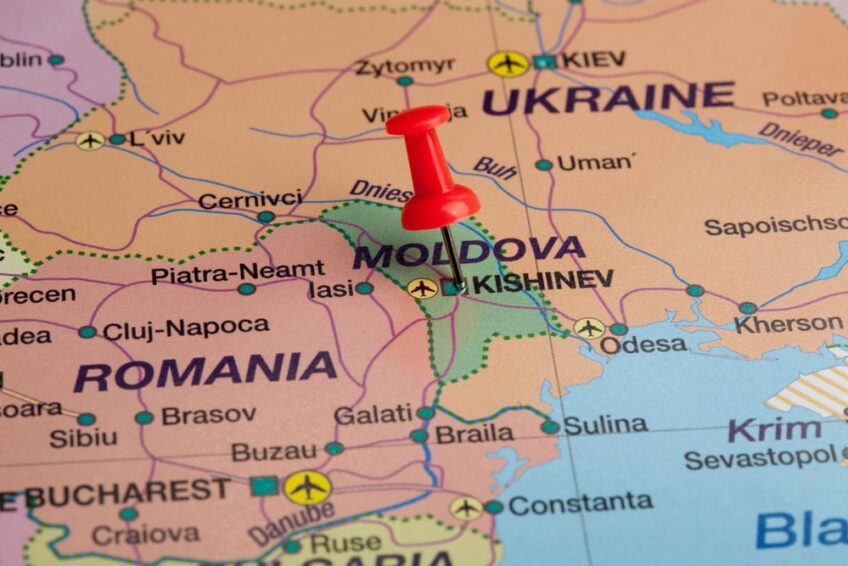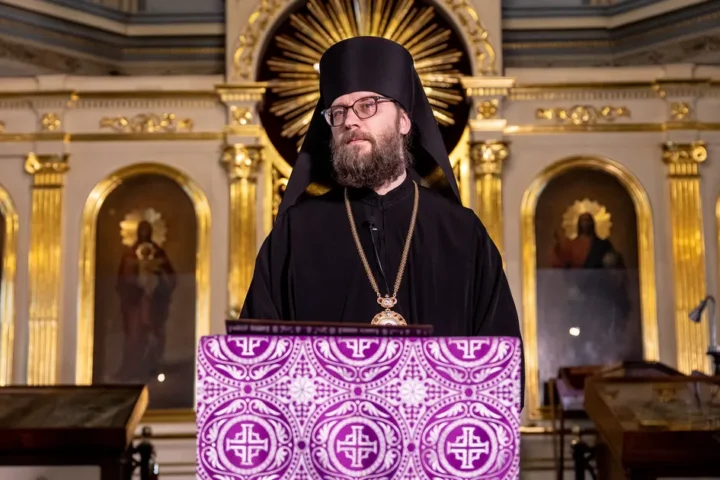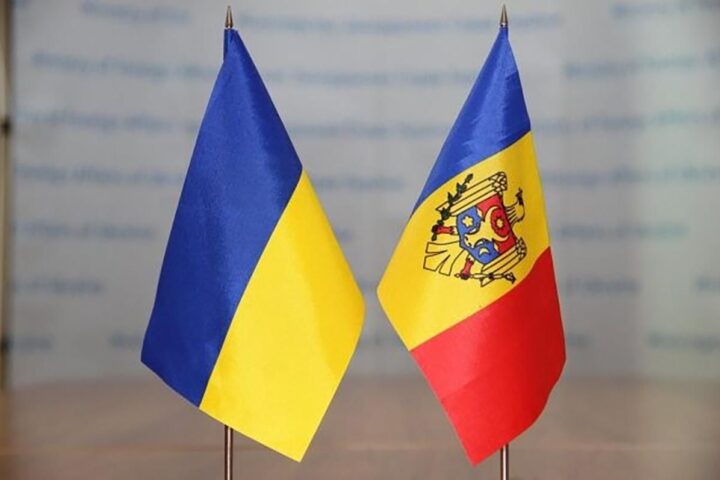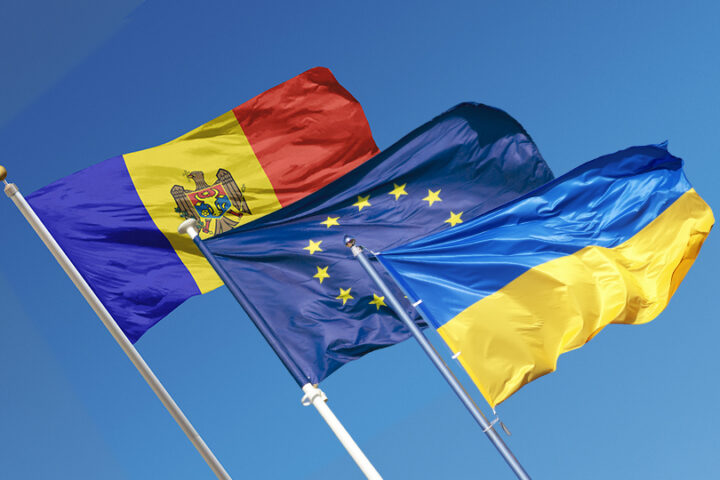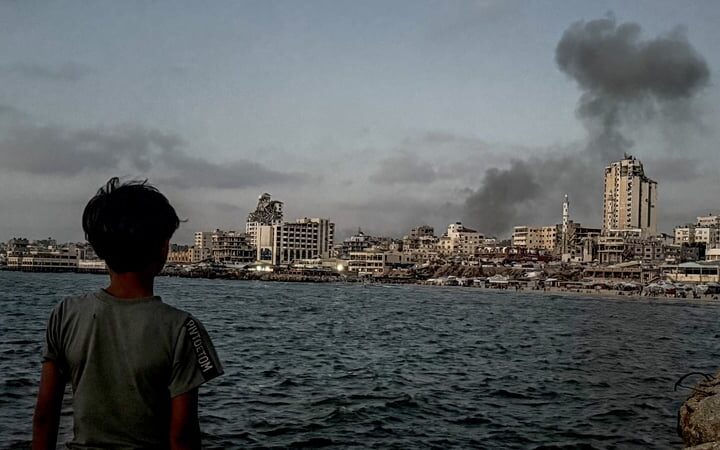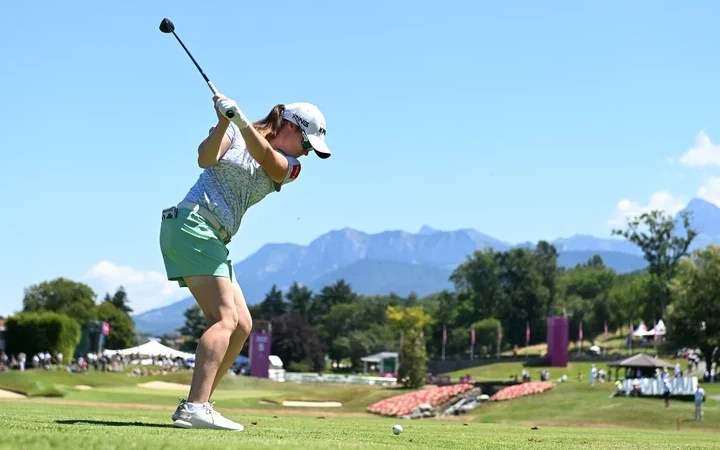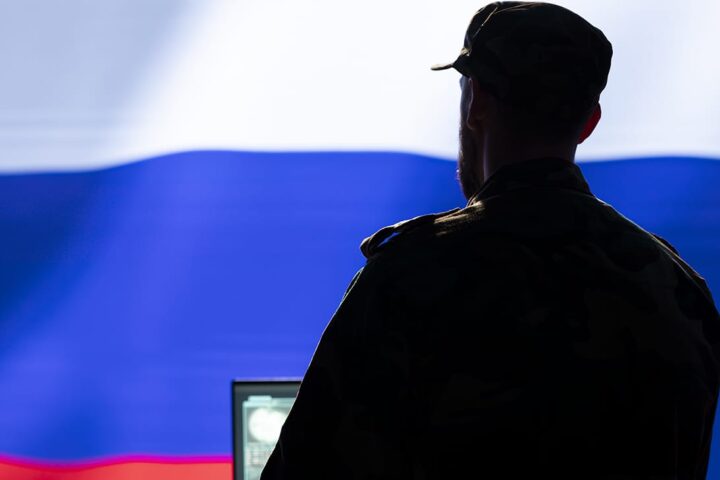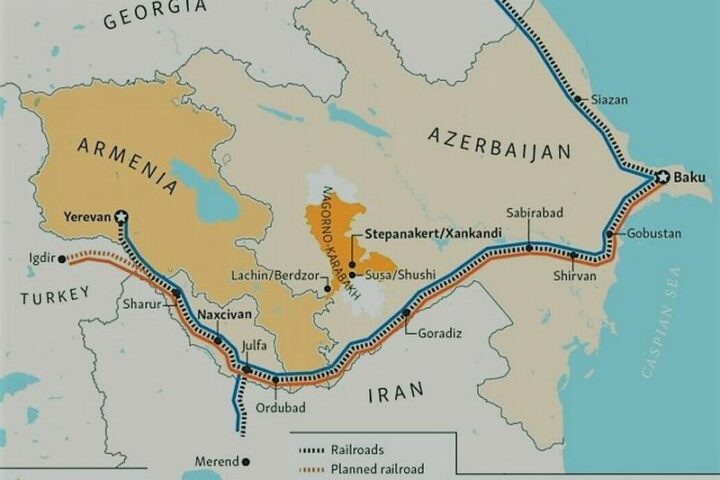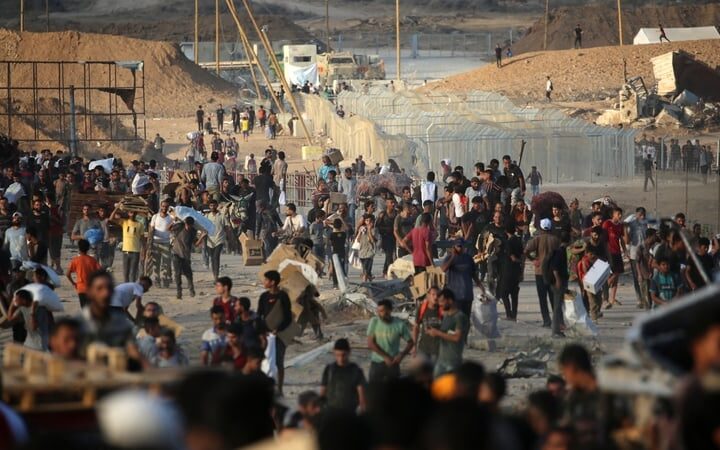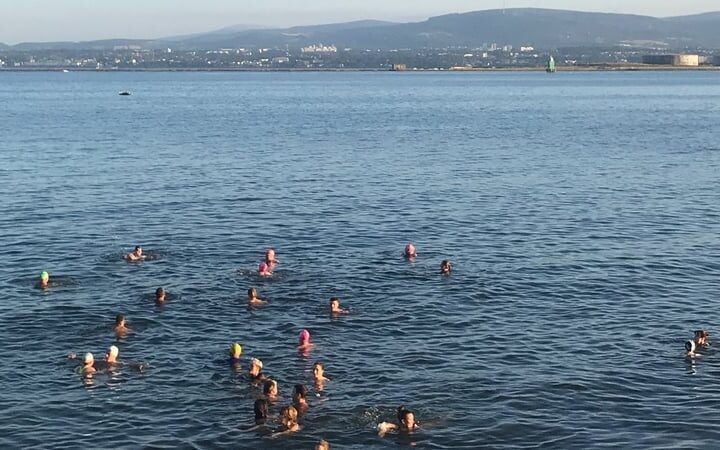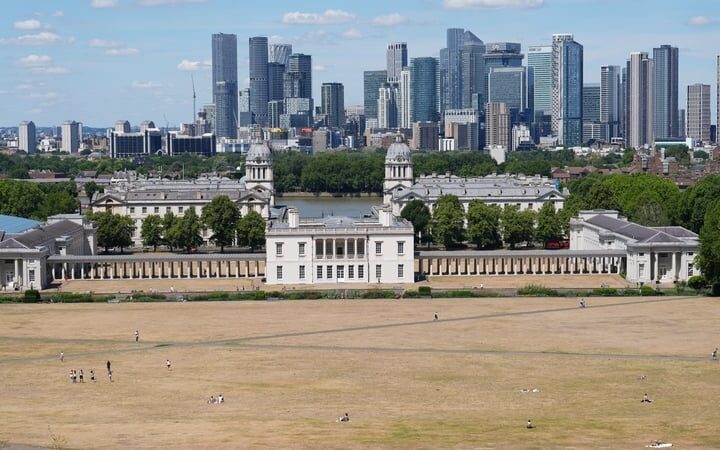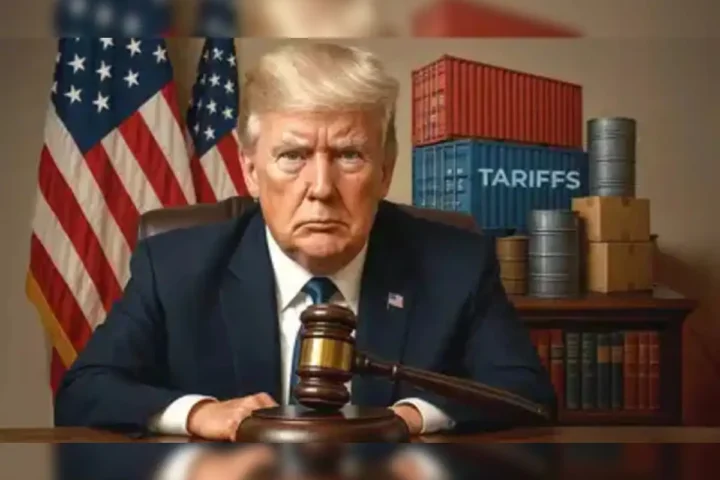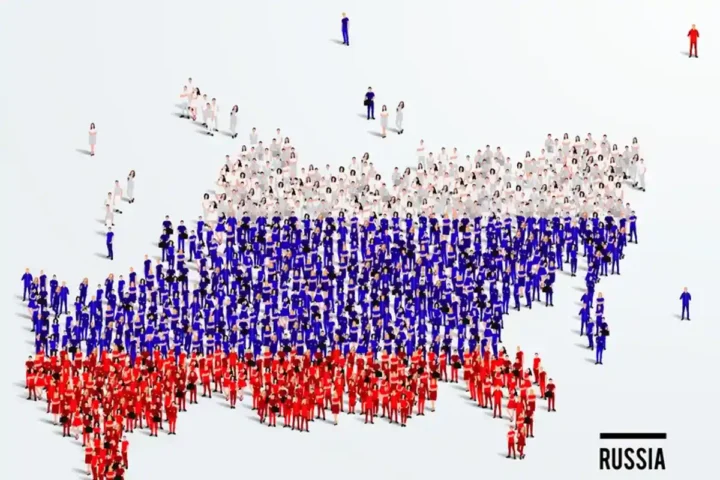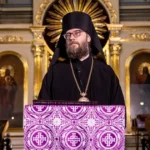Romania has barred several prominent Moldovan figures from entering its territory, citing national security concerns, in a move that underscores Bucharest’s growing unease over potential Russian interference ahead of Moldova’s upcoming parliamentary elections.
On 9 July 2025, the Romanian Ministry of Foreign Affairs confirmed that Ion Ceban, the mayor of Chișinău and leader of the National Alternative Movement (MAN), has been banned from entering Romania along with two other Moldovan citizens. Among those affected are also former Prime Minister Vasile Tarlev, head of the pro-Russian Future of Moldovaparty, and journalist Natalia Morari. According to the Romanian authorities, the entry bans were imposed due to undisclosed national security risks.
The decision comes as Moldova braces for parliamentary elections set for 28 September, amid repeated warnings from Moldovan officials about Russia’s intentions to sway the vote in favour of pro-Kremlin forces.
Moscow’s outreach and political networks
Vasile Tarlev, who campaigned alongside members of the Shor group during Moldova’s 2024 presidential election, recently travelled to Russia, where he reportedly held a series of meetings with Russian officials and various pro-Russian actors from Moldova. The Shor group, previously sanctioned and designated as a criminal organisation, has long been accused of serving as a conduit for Russian influence in Moldovan politics.
Mayor Ceban, though once aligned with the pro-Russian Socialist Party when he was elected in 2019, has since rebranded himself as a supporter of European integration. However, his recent engagements with figures close to the Kremlin, such as Moscow Mayor Sergey Sobyanin and far-right Romanian politicians Călin Georgescu and George Simion, have raised fresh concerns in Bucharest.
The Alternative bloc, to which Ceban belongs, denounced Romania’s decision as “a politically motivated move ordered by Chișinău,” and accused Moldova’s pro-Western government of “panicking over a potential electoral defeat.”
Strategic context and Romania’s regional calculus
Since Moldova’s independence following the collapse of the Soviet Union, Romania has consistently positioned itself as a strategic partner, supporting Chișinău’s path toward European integration and democratic consolidation.
With Moldova now closer than ever to joining the EU, Romanian officials appear determined to prevent any Kremlin-backed attempt to derail the country’s Western trajectory. In contrast to persistent narratives pushed by Russian disinformation campaigns, mainstream Romanian political forces have moved away from unification agendas, instead backing a cooperative vision of Moldova and Romania as sovereign neighbours within the EU framework.
Officials in Bucharest have long warned of Russia’s broader objectives in Moldova — including the ousting of President Maia Sandu and the installation of a government loyal to Moscow. Some Romanian security analysts have even flagged the possibility of a military scenario involving Transnistria, particularly if Russia regains the initiative on Ukraine’s southern front.
Romania itself experienced intensified hybrid interference during its recent presidential elections, further sharpening its resolve to act preemptively in the region and shield its eastern neighbour from destabilising forces.
Moldova at a geopolitical crossroads
The unfolding developments highlight the fragility of Moldova’s democratic process in the face of external manipulation. As the country heads into a critical electoral season, the influence battle between pro-European and pro-Russian forces is expected to intensify.
With Romania now taking concrete security steps, the message from Bucharest is clear: protecting Moldova’s democratic path is not only a matter of bilateral solidarity, but also one of regional stability — and one that Europe can no longer afford to ignore.
